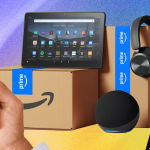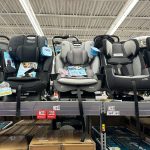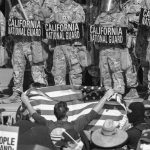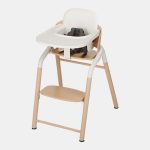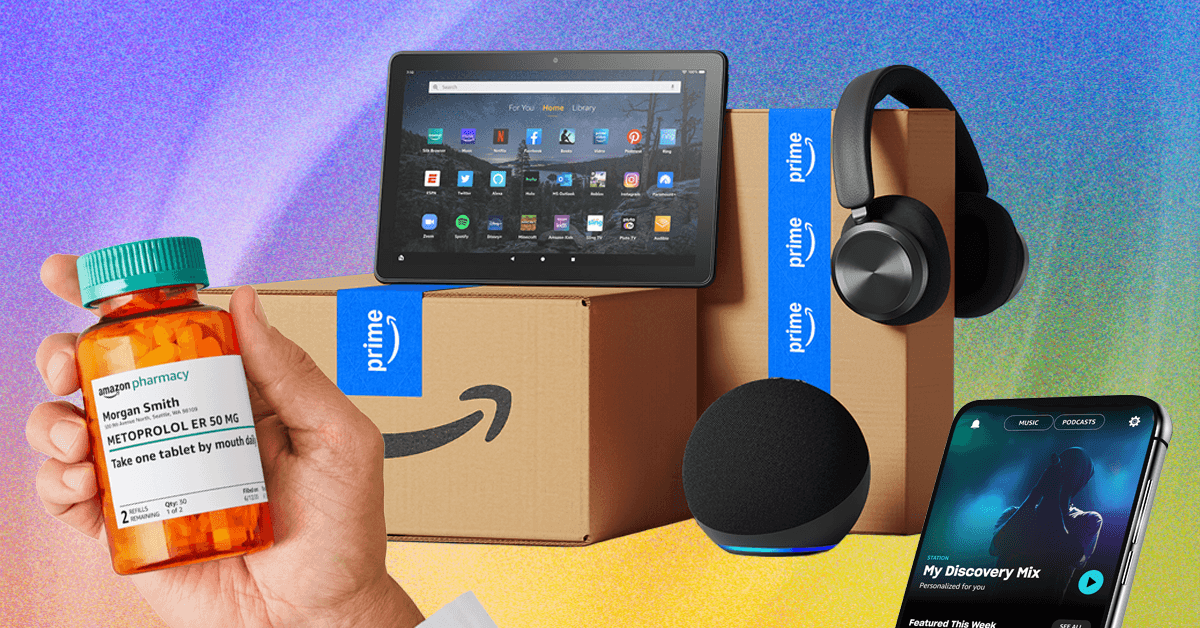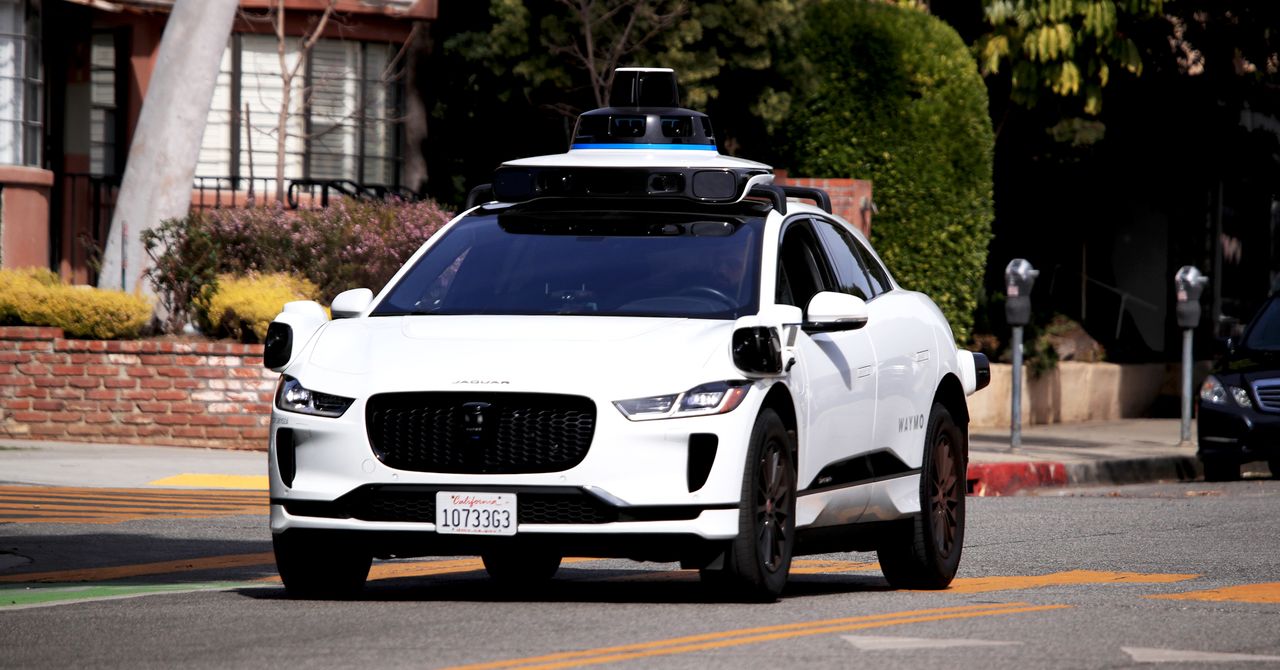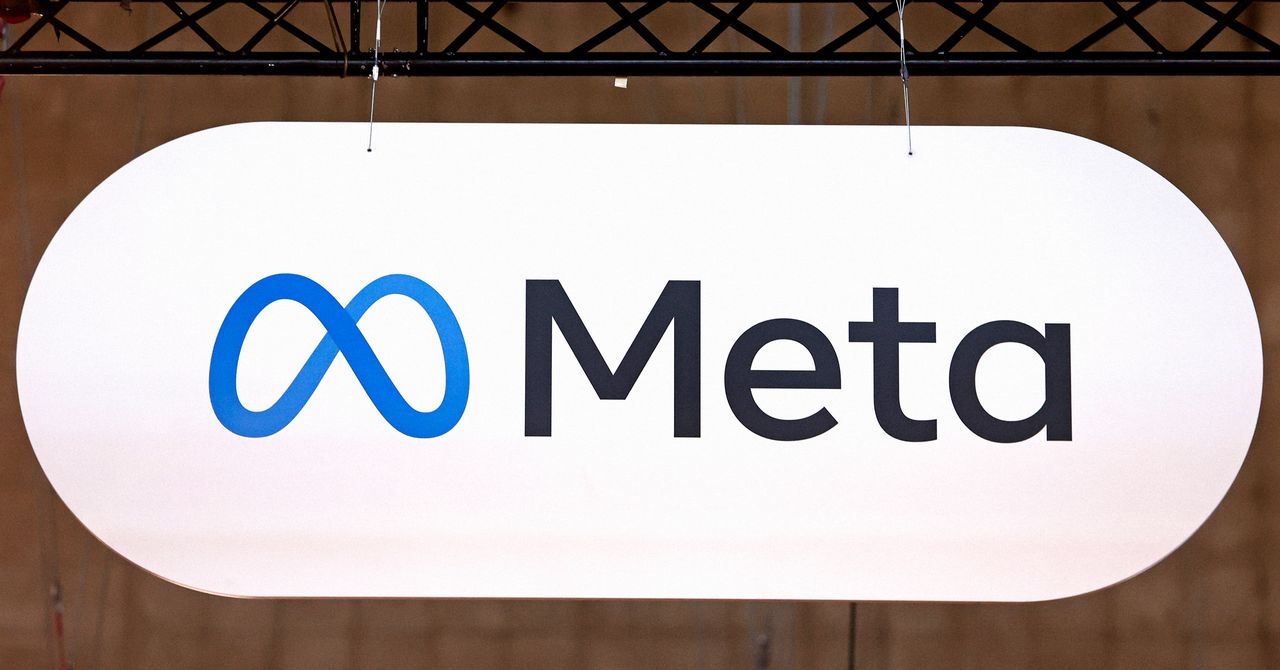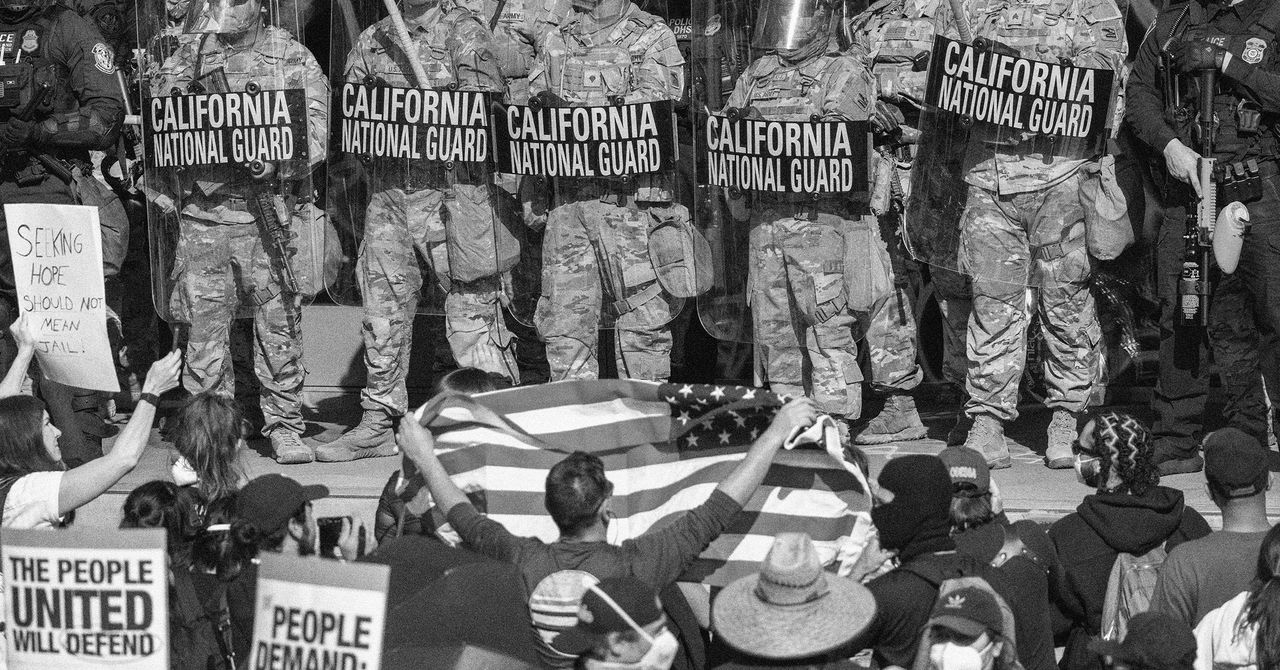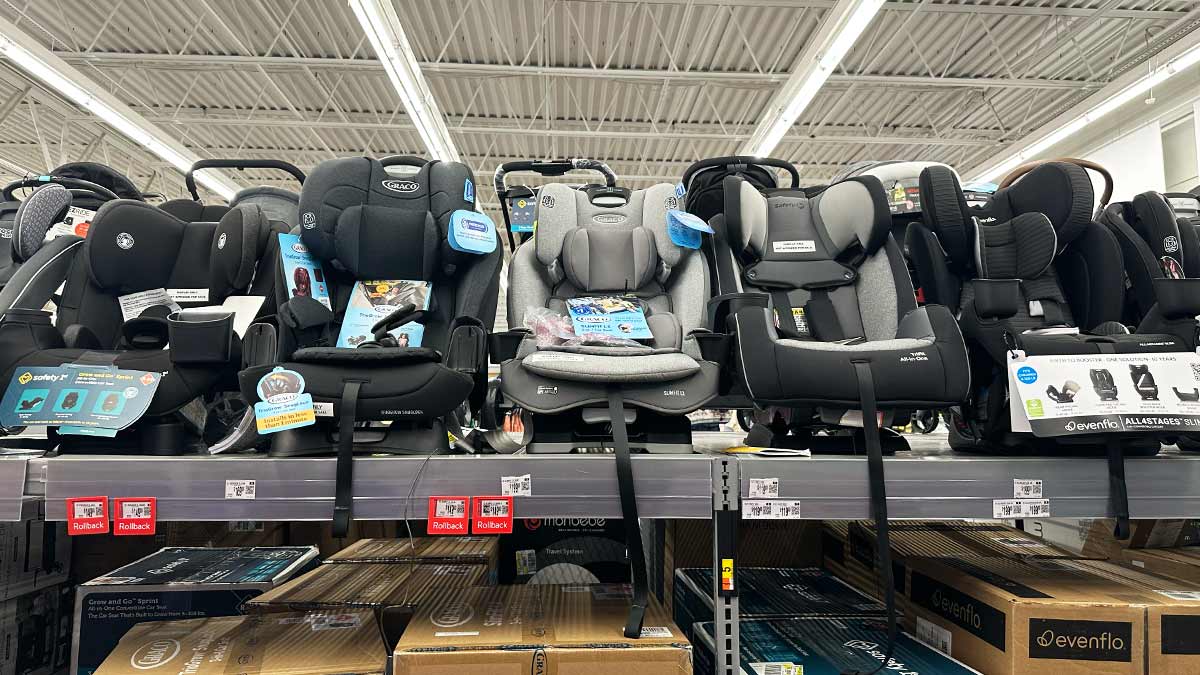
There’s been significant pushback on tariffs from companies, industry associations, and lawmakers. In February, the Juvenile Products Manufacturers Association (JPMA) published an open letter to the Trump Administration calling for an exemption to tariffs on baby gear to reduce the burden of future high prices on parents and caregivers. In April, nearly 50 members of the U.S. House of Representatives issued a statement opposing price increases on essential baby gear. That same month, Babylist and 12 baby industry leaders ran a full-page ad in the Washington Post, calling for an “immediate reprieve from tariffs on essential baby products.”
“Tariffs stifle innovation and limit consumer choice. The baby industry is full of smaller brands who love families and want to support them with the best products, but these businesses don’t have the resources to absorb cost increases or reconfigure supply chains quickly,” says Goodson of Babylist.
Though tariffs were announced to encourage more American manufacturing, small or midsized brands may not own their own production facilities, instead outsourcing some or all of their production to China. Suddenly picking up and moving all production to the U.S. would require a massive investment of capital to build their own factories, production lines, and labor force, as well as setting up the regulatory compliance and quality control checks necessary to produce specialized baby gear like car seats.
The volatility of changing tariffs makes it even harder for companies to plan and invest, says Lisa Trofe, executive director of the JPMA. “Instead of innovating, researching, and developing new product options for parents, baby products manufacturers are trapped in a cycle of uncertainty characterized by repeatedly replanning and pivoting to ensure they can continue to provide parents with access to safe and affordable baby products. Some companies will find this cycle unsustainable sooner than others and be forced to exit the market, narrowing the range of options available to parents.”
That volatility and lack of options also means it’s likely parents will be forced to pay more for the products they need. “Absent an exemption and investment in American manufacturing of these products, these tariffs will force families to pay even more to purchase these products, which are essential to care for young children and keep them safe,” wrote Representatives Kelly Morrison, D-Minn., Sarah McBride, D-Del., and Rashida Tlaib, D-Mich., along with their colleagues, in a letter to Commerce Secretary Howard Lutnick.
Child car seats, in particular, are legally required for children traveling in vehicles in all 50 states, and the lawmakers argue that “families should not have to pay more to comply with the laws that help keep their babies and toddlers safe.”
“The most direct solution is a broad exemption from tariffs for all juvenile products. This show of support to American families would be the most pro-family action the Administration can make,” says Trofe.
There was a glimmer of hope that an exemption would be granted around mid-May, after increased pressure from lawmakers and industry leaders, but no exemption or reprieve has been officially announced yet.
However, there’s a precedent for this request. When tariffs were levied in 2018 under the first Trump Administration, the U.S. trade representative at the time exempted some of these products from those tariffs, helping to insulate families from higher costs.
